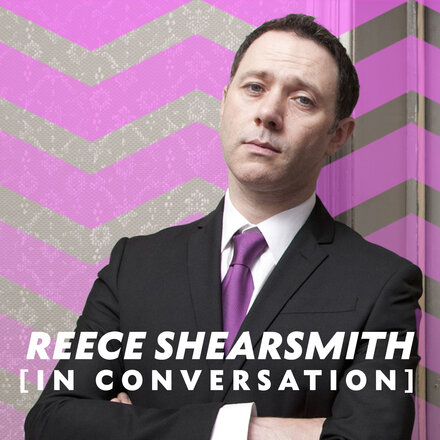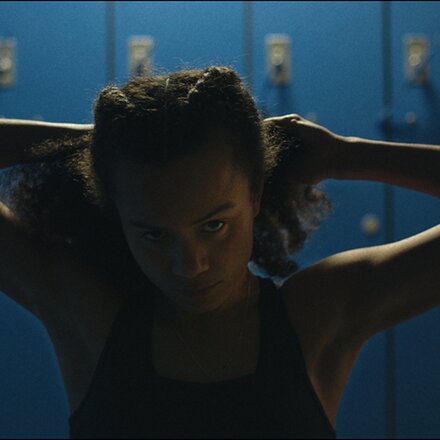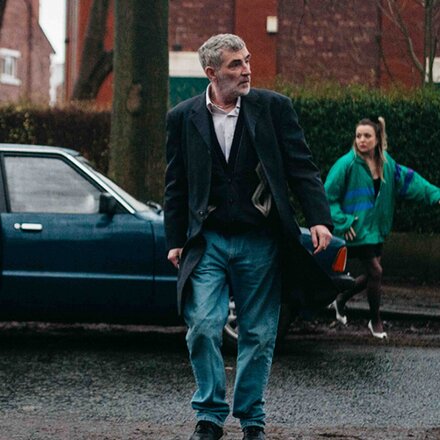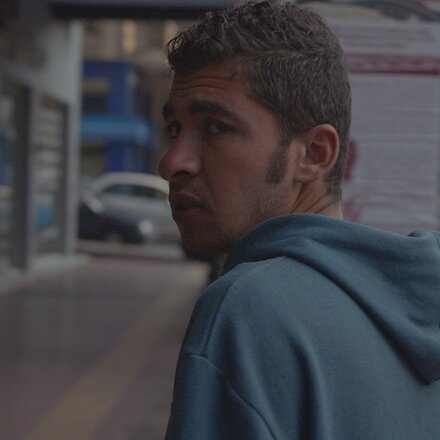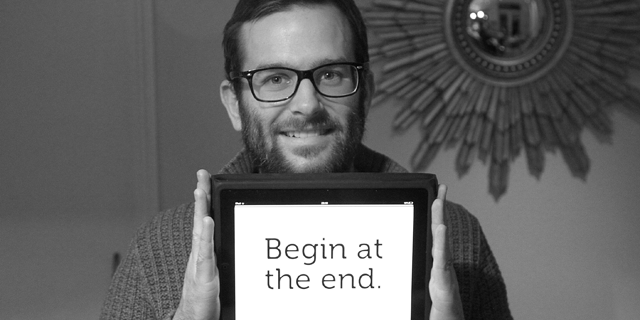
James Kibbey: How To Win A Short Film Competition in Ten Easy Steps
Having scooped the win at the 2012 Soho House Shorts competition, Kibbey fills us in on his top tips for successful short films - including what to do when your mum isn't Harvey Weinstein.
Published 5 April 2013.
1. BEGIN AT THE END
A great idea is not always enough in itself. Think about how your story will play out all the way through – is there a beginning, a middle, and most importantly, an end? Even if your film is only a minute or two long, this still applies. So many shorts start off with a nice idea but tail off towards the end. Think backwards.
2. MAKE IT MAKEABLE
If you’re entering a competition where you’re pitching for money, put yourself in the funders’ shoes. They are looking for reasons why your idea might be problematic to make. Don’t give them any! Make your idea great – yes – but also make it achievable and realistic on the budget you are pitching for.
3. A GREAT CREW
You may well write, direct and edit yourself. A lot of people do now. But you can’t do everything yourself and nor should you. Establishing relationships with like-minded and hungry crew will take your film to a whole new level. Also, don’t be afraid to ask the really talented, experienced people. If you’re not hearing the word ‘no’ occasionally, you’re not aiming high enough.
4. THE BEST ACTORS
Even if you can’t afford a crew or a fancy camera, you can still make a film. But bad acting is bad acting whether there’s 80 people in polo-necks standing behind an IMAX camera or a hairy student clutching an iPhone. Audition, beg, plead, instigate a hostage situation – do whatever it takes to get the best acting talent you can. Good actors might not actually make you a better filmmaker, but they’ll certainly make you look like one.
5. THE RIGHT ATMOSPHERE
When shooting House Cocktail we had three actors who were just born with funny bones, so creating the right atmosphere was easy - even at 4am on a Monday morning. But even if you’re shooting the darkest horror imaginable in a rat-infested basement, you still have to keep people’s spirits up. Happy people do the best work.
"Audition, beg, plead, instigate a hostage situation – do whatever it takes to get the best acting talent you can.
6. SET YOURSELF DEADLINES
Whether you’re writing, planning a shoot, or editing – set yourself deadlines. Scriptwriters talk a lot about “the ticking clock” – set your own one when making your film, it creates an energy and you’ll be surprised what you can achieve when you’ve just got to get it done.
7. BE FLEXIBLE
Nothing is set in stone. A film will change so much between the first word and the final cut. Embrace that change. On House Cocktail I only came up with the idea for the final shot of the film on the way to the set. Know the film you want to make but always be open to new ideas.
8. BE A RUTHLESS EDITOR
Is your film really a ten-minute short, or is it actually eight? Or even five? It’s often especially painful on short films where actors and crew have given so much of themselves to cut out shots, scenes or entire characters. Embrace the pain. The audience doesn’t care that it took five hours to get that shot of that dancing pigeon. I’m still yet to hear anybody complain that a film was too short.
9. GET IT OUT THERE
Your film is brilliant! According to your mum. Now, unless your mother happens to be Harvey Weinstein you need to get your film out into the real world. Organise screenings, stick it on Facebook, send it to industry people, pour yourself a strong coffee and type “film festivals” into Google [or go here instead! – Ed], but whatever you do – just get it out there.
10. REPEAT STAGES 1-9
Worst-case scenario – your film sucks. You can count the awards you’ve won on a single, fingerless hand. But the good news is that nobody has really seen it and you’ve learned a hell of a lot. So you can now draw up a list of what not to do next time, dry your eyes, and go out and make your next film. That will be the one that wins the BAFTA.
Watch Kibbey's winning short, House Cocktails on Vimeo.

